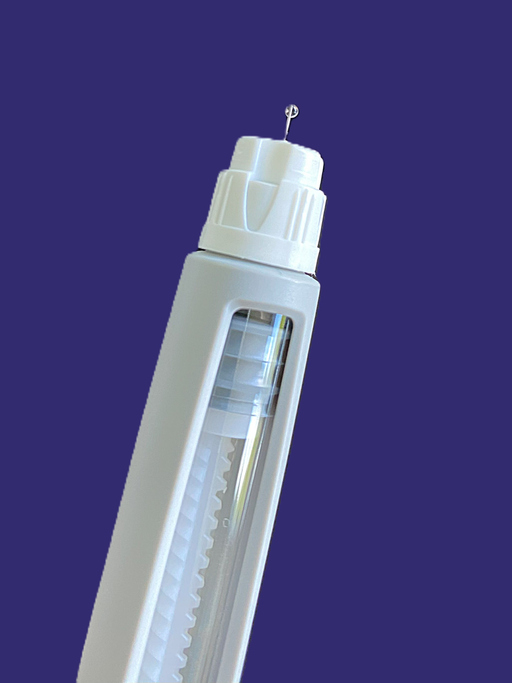
Is common diabetes drug tied to thyroid cancer?

Investigators examined whether the use of glucagon-like peptide-1 receptor agonists could be linked to an increased risk of thyroid cancer in patients with Type 2 diabetes.
In a study published in JAMA Otolaryngology-Head & Neck Surgery, the investigators examined the data of more than 350,000 adult patients with Type 2 diabetes and no prior history of thyroid cancer who were assigned to receive GLP-1 receptor agonists, dipeptidyl peptidase-4 inhibitors, sodium-glucose cotransporter-2 inhibitors or sulfonylureas.
The investigators found that the patients who received GLP-1 receptor agonists had a higher risk of receiving a thyroid cancer diagnosis within the first year of treatment compared with those who received the other therapies. However, there was no heightened risk after two years of treatment.
The investigators suggested that the increase in thyroid cancer diagnoses may be the result of enhanced early detection rather than de novo carcinogenesis.
Read more: JAMA Otolaryngology-Head & Neck Surgery
The article presented here is intended to inform you about the broader media perspective on dentistry, regardless of its alignment with the ADA's stance. It is important to note that publication of an article does not imply the ADA's endorsement, agreement, or promotion of its content.